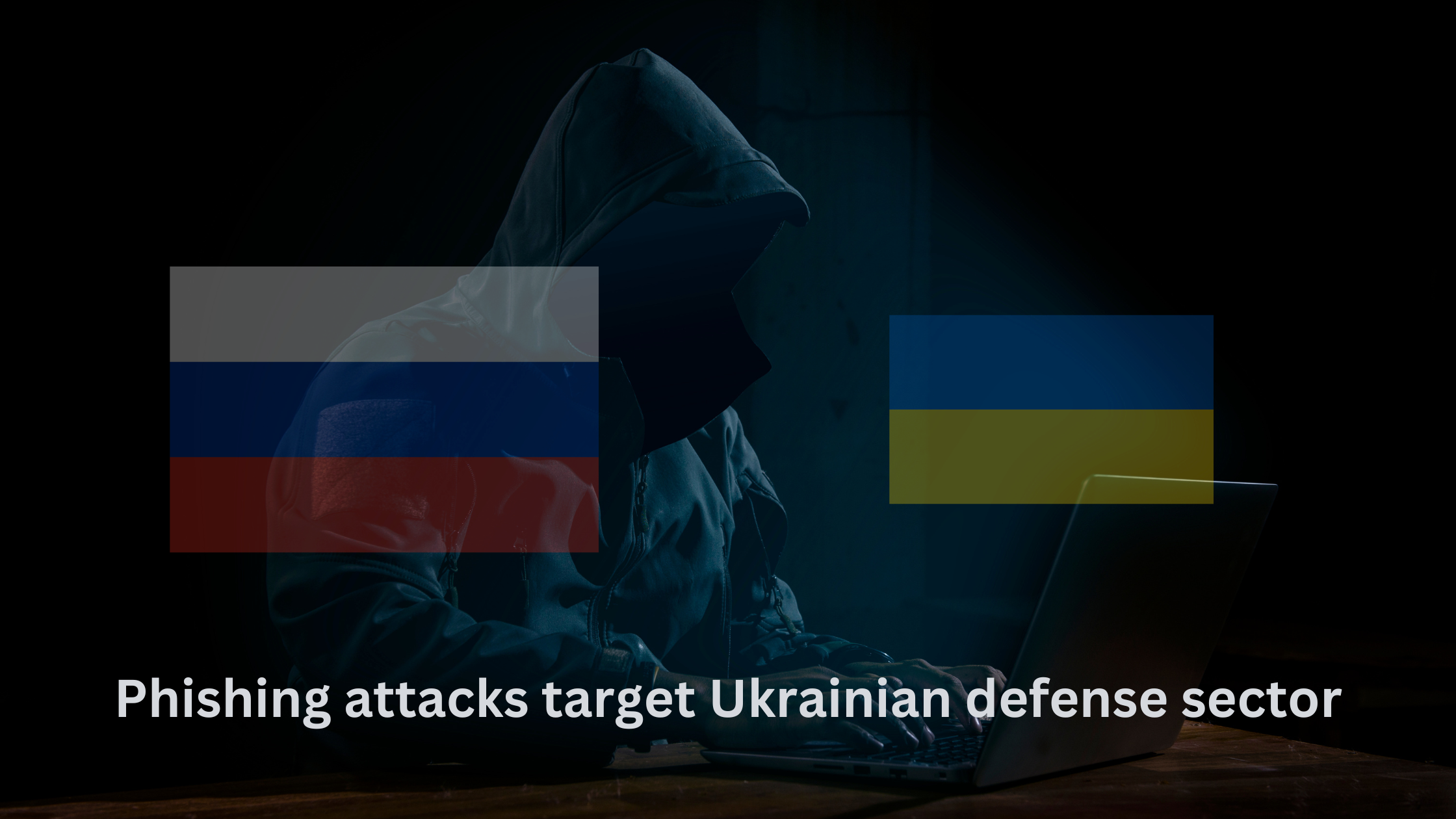Table of Contents
Russian Cyber Attacks on Ukrainian Defense Sector Double in First Half of 2024
A significant surge in cyber attacks targeting Ukraine's defense sector has been observed in the first half of 2024, with incidents more than doubling compared to the previous period, according to a recent report by Ukraine's State Service of Special Communications and Information Protection (SSSCIP).
The comprehensive analysis reveals that cyber attacks against Ukraine's security and defense sectors escalated from 111 in the latter half of 2023 to an alarming 276 in the first six months of 2024. This dramatic increase reflects a strategic shift in Russian cyber operations, moving from broad information-stealing campaigns to more focused cyber espionage activities targeting Ukraine's military infrastructure.
The SSSCIP report identifies five Russian-attributed groups - UAC-0184, UAC-0020, UAC-0149, UAC-0200, and UAC-0180 - as the primary actors behind these sophisticated attacks. These groups have been actively deploying remote access Trojans (RATs) and other specialized malware to compromise computers belonging to the Ukrainian Defense Forces.
A particularly concerning trend highlighted in the report is the substantial rise in malware infections, with 196 documented incidents in the first half of 2024, compared to 103 in the previous period. Security researchers attribute this increase largely to the exploitation of pirated software pre-packaged with backdoors, demonstrating the attackers' evolving tactics to penetrate Ukrainian military networks.
"The threat actors have adapted their techniques to exploit various communication channels," said a senior cybersecurity analyst at SSSCIP, who spoke on condition of anonymity. "We've observed a notable increase in attacks leveraging popular messaging platforms like WhatsApp, Telegram, and Signal to target high-ranking military and government personnel."
One prominent threat group, UAC-0184, has been particularly active in using these messaging platforms to gather personal information and impersonate trusted contacts, subsequently delivering malicious archives to their targets. This social engineering approach has proven effective in bypassing traditional security measures.
In response to these escalating threats, Ukraine's defense ministry has established a dedicated military computer emergency response team (milCERT). This specialized unit focuses on countering Russian cyberattacks and strengthening the country's military and communication networks against future incidents.
"The establishment of milCERT represents a crucial step in our cyber defense strategy," explained a spokesperson from Ukraine's defense ministry. "We are continuously adapting our security measures to address the evolving nature of these threats and protect our critical military infrastructure."
Security experts warn that this trend of increased cyber attacks is likely to continue, as Russian-aligned threat actors refine their tactics and seek new ways to compromise Ukraine's defense capabilities. The SSSCIP continues to monitor these activities closely and implement additional security measures to protect critical military assets and communication channels from future attacks.
This significant escalation in cyber warfare underscores the growing importance of digital security in modern military conflicts and highlights the need for continued international support in strengthening Ukraine's cyber defense capabilities.
Found this article interesting? Keep visit thesecmaster.com, and our social media page on Facebook, LinkedIn, Twitter, Telegram, Tumblr, Medium, and Instagram and subscribe to receive tips like this.
You may also like these articles:
Anthony Denis
Anthony Denis a Security News Reporter with a Bachelor's in Business Computer Application. Drawing from a decade of digital media marketing experience and two years of freelance writing, he brings technical expertise to cybersecurity journalism. His background in IT, content creation, and social media management enables him to deliver complex security topics with clarity and insight.
